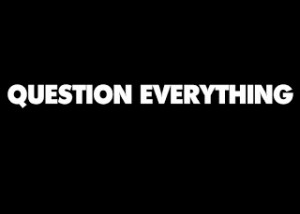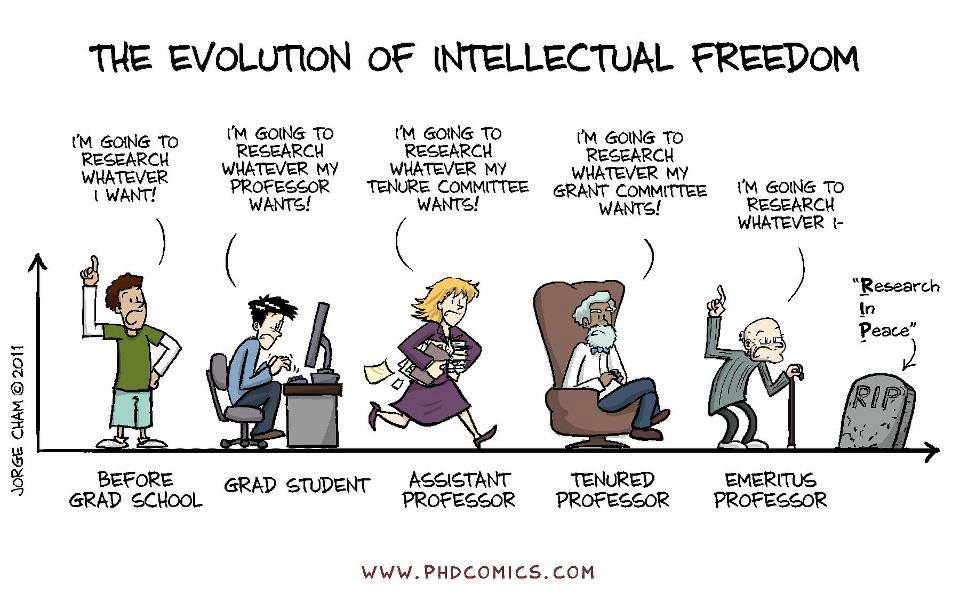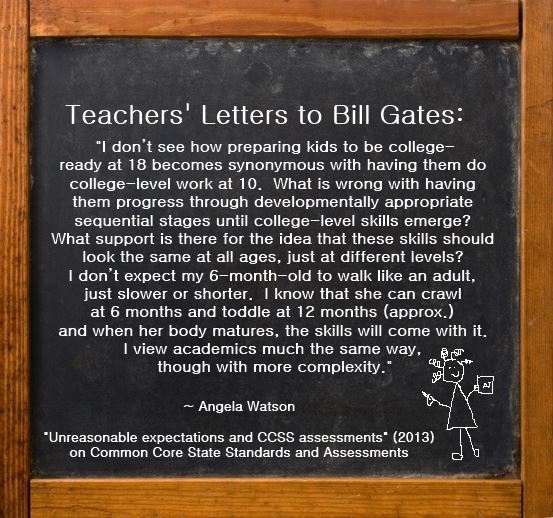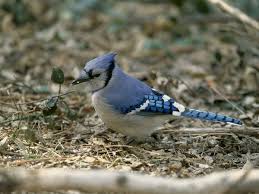I’ve always been insatiably, even dangerously curious. As a child (a pink-cheeked blonde, whose mother too often made her wear pastels…), I took apart lamps, rewiring them (and only rarely shocked myself). I slept with a taxidermied squirrel, because it was real (lumpy, though).
I followed bugs to wherever they were going, and read anything in the house. Including the medical encyclopædia, sometimes. I watched the cook wring a chicken’s neck, and then asked her why it jumped around afterwards. I looked up EVERYTHING, long before the Google folks were gleams on the horizon.
Knowledge — and the research it required — was my ocean, and I immersed myself in it as much as I could. Reading up on every new fancy, from bees to dollhouses to China to Việtnamese history to tea. I still do.
People on the outside of academia — the university, higher research, ‘academe,’ as we academics like to call ourselves 🙂 — think we get to do pretty much what we want. Allow me to gently disabuse you of this notion. The cartoon is far more accurate. And this is scary.
Knowledge begins with curiousity. But for the past several years, both liberals and conservatives have — sometimes quietly & subtly, sometimes loudly and with great fanfare — influenced what academics research. Certainly grant funders — primarily the government and large private corporations — have agendas. And note: an agenda is not the same, necessarily, as bias. I used to tell my students: the American Cancer Society has an agenda about smoking: it causes cancer. So their research publishings are under that agenda. It does NOT mean they’re biased, as their studies are medical double-blind, primarily. The KKK, however, has both an agenda — to bleach America back to its ‘original’ purity (I always wonder when this fable began: how can anyone pretend the Indians weren’t here first??) — and bias: there is no viable research (of the double-blind type) that supports a return to white supremacy. There was never any argument for white supremacy in the first place.
So how do we break free from this cycle, and why is it important?
 We have to realise — like the Buddha once said — that skepticism is good: Question everything. And that means being skeptical even of the agendas of those who hold power over us. Once, many years ago, I had a professor I knew wouldn’t agree w/ my politics. So I wrote the draft of my paper to please him. It sucked (to put it mildly). Well-written (just being honest! 🙂 ), but lackluster. No passion, no real point, other than the grade. I got a B. Would I have received an A had I stuck to my principles? Maybe not. But I would have LEARNED something. I would have made the paper work for ME.
We have to realise — like the Buddha once said — that skepticism is good: Question everything. And that means being skeptical even of the agendas of those who hold power over us. Once, many years ago, I had a professor I knew wouldn’t agree w/ my politics. So I wrote the draft of my paper to please him. It sucked (to put it mildly). Well-written (just being honest! 🙂 ), but lackluster. No passion, no real point, other than the grade. I got a B. Would I have received an A had I stuck to my principles? Maybe not. But I would have LEARNED something. I would have made the paper work for ME.
Years later, on the other hand, I walked into another professor’s office, insisting that we find a way to make what seemed to me pretty useless class assignments (at least for a poet) into something I could use. He worked w/ me, to give him credit. And the result was a large body of scholarship I ended up using in significant ways, not to mention the cachet it gave me in my career.
These are anecdotal, I realise. But here’s my point: what we do for the furthering of our own knowledge, what calls to us in the dulcet tones of seductive curiousity? It will feed us, grow us, and even heal us. That’s good for everyone.


